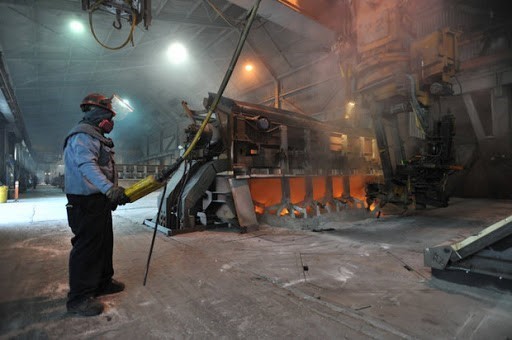您想继续阅读英文文章还
是切换到中文?
是切换到中文?

THINK ALUMINIUM THINK AL CIRCLE

The US-based aluminium giant Alcoa announced it would close down its Intalco aluminium smelter after five decades of operations. With the closure announcement, the company begins preparing the site for new economic development opportunities.

Roy Harvey, the President and CEO of Alcoa, said, “The Intalco smelter site operated for nearly 55 years, and we’ve spent significant time evaluating options for the asset, including a potential sale. Our analysis, however, indicates that the facility cannot be competitive long-term."
Harvey added, “The site is an important part of our history. We are encouraged by the prospects for potential economic development via another entity that will own and control land at the site. As we transition, we will continue engaging with our stakeholders, including community members and government officials.”
According to an agreement with AltaGas, which has acquired the rights to develop and own approximately 1,600 acres of land at the Intalco site, including transportation and utility infrastructure.
Randy Toone, the President of Midstream at AltaGas, said, “AltaGas is currently exploring potential development which would align with Washington state and Whatcom County’s climate ambitions and provide long-term, sustainable benefits to the community and the local economy.”
“We understand this site's rich legacy and importance to the community. We look forward to working with local stakeholders, Tribes and Alcoa to ensure potential development benefits the region and positively contributes to the ongoing energy transition.”
In the first quarter of 2023, Alcoa will incur restructuring and related charges of roughly $120 million (pre- and after-tax), or $0.67 per share, linked to the permanent closure. Cash outlays associated with the site's permanent closure are expected to be approximately $85 million over the next three years, with roughly $25 million to be spent in 2023.
Due to the declining market conditions and high input costs, the Intalco aluminium smelter was completely shut down in the third quarter of 2020.
The smelter, which began operations in 1966, cannot access competitively priced power and would have required significant capital investments to restart.
Responses








